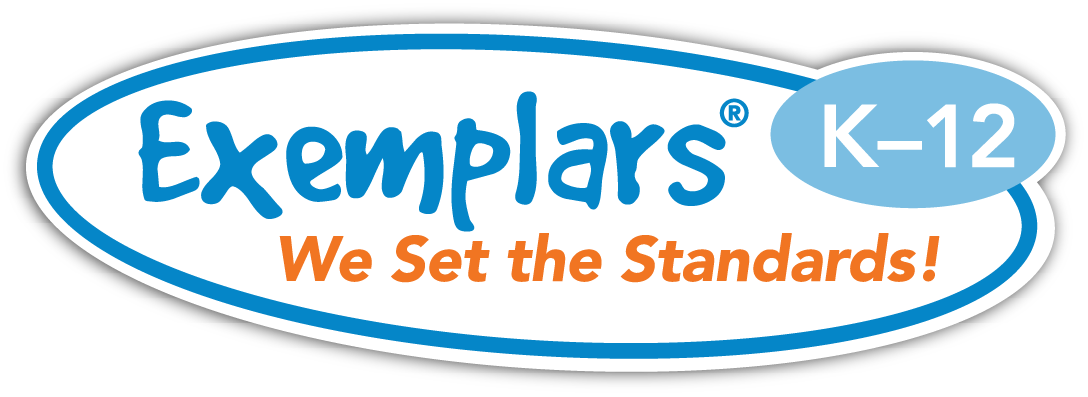Inservice training for teachers can be a real challenge in a large school district. It's tempting to just "present" the information, mandate the implementation and hold teachers responsible for the quality of that implementation. Choosing this format creates a void between teaching the teachers and classroom follow-up. Just as Madeline Hunter and so many others have advocated the importance of modeling for students, it is likewise important to model for teachers. With the advent of "No Child Left Behind," it has become increasingly essential that we look at "No Teacher Left Behind.
One important step in the direction of making professional development more meaningful to teachers has been to model instruction in a variety of realistic settings. During the fall of 2003, Exemplars consultant Deb Armitage was in Calcasieu Parish Schools for seven days. She spent two of the days in several schools across Calcasieu Parish in southwest Louisiana. Schools were selected to reflect a wide range of socio-economic backgrounds and student achievement. Teachers were scheduled to observe a model lesson in grade two, three or four in their school or in one nearby, which meant minimal time out of their own classrooms. These observations were tied to a full day of inservice training either the day before or the day following the model lessons.
This teacher-friendly format of tying the model lessons to the day of professional development in problem solving, communication and assessment, has given teachers the opportunity to see the application of specific strategies in a realistic setting. It gave them a model to either practice as presented or to adapt to their own situations. It gave them a springboard for moving forward.
Implementing constructed-response problems has often proven difficult for teachers. Since it is an integral part of the Louisiana accountability system, it has become increasingly important that this part of mathematics not be skimmed past or even omitted from the elementary curriculum. Exemplars has been a leader in providing high-quality, real-life, open-ended problems for students for many years. While teachers had previously been exposed to the materials, even "inserviced" in their application, the actual classroom use of the Exemplars problems had been scattered prior to this year.
Following the reformatted training, teachers have been more responsive in implementing strategies taught than they were when material was given but not modeled. The added dimension of actual classroom modeling has made teachers more comfortable with the process. Within the schools, teachers have been participating in learning communities supporting each other both within and across grade levels. It has promoted teacher/staff discourse and a sense of mathematical community. Exemplars consultant, Deb Armitage, will return toward the end of the academic year to give teachers the opportunity to solidify the learning process through feedback and follow-up training. One additional benefit of using the modeling format has been that teachers not only saw an Exemplars mathematics lesson modeled as intended, but they have also had the opportunity to see numerous quality strategies for communicating with students. They have seen students enticed to communicate their thoughts to peers as well as communicating their explanations on paper. Teachers have seen best practices for establishing a working community in the classroom.
Calcasieu, LA
United States

